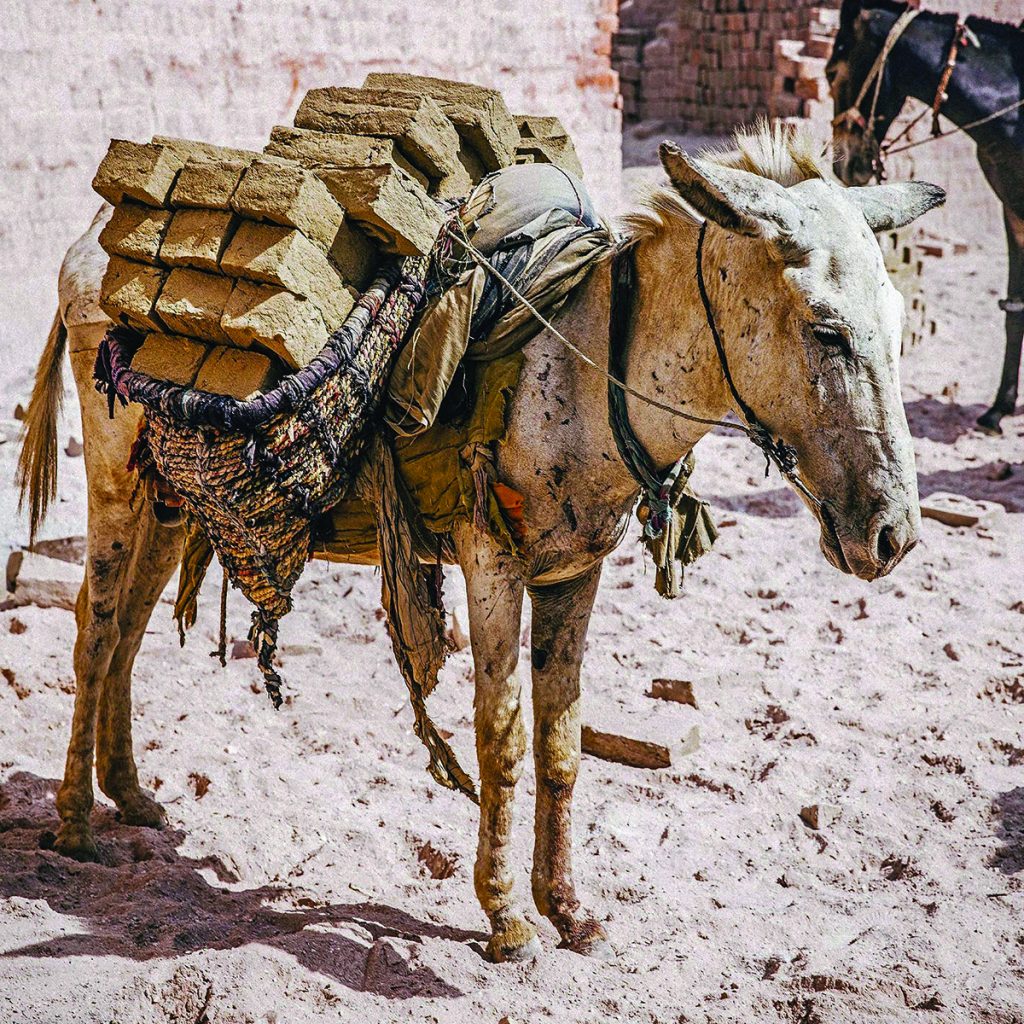
A Pakistani man pours jet-black lumps of coal into oversized sacks strapped to the back of his little white donkey as they prepare to haul coal out of a mine. He shares how much he depends on his equine partner: “If I lose my donkey, I lose everything.”
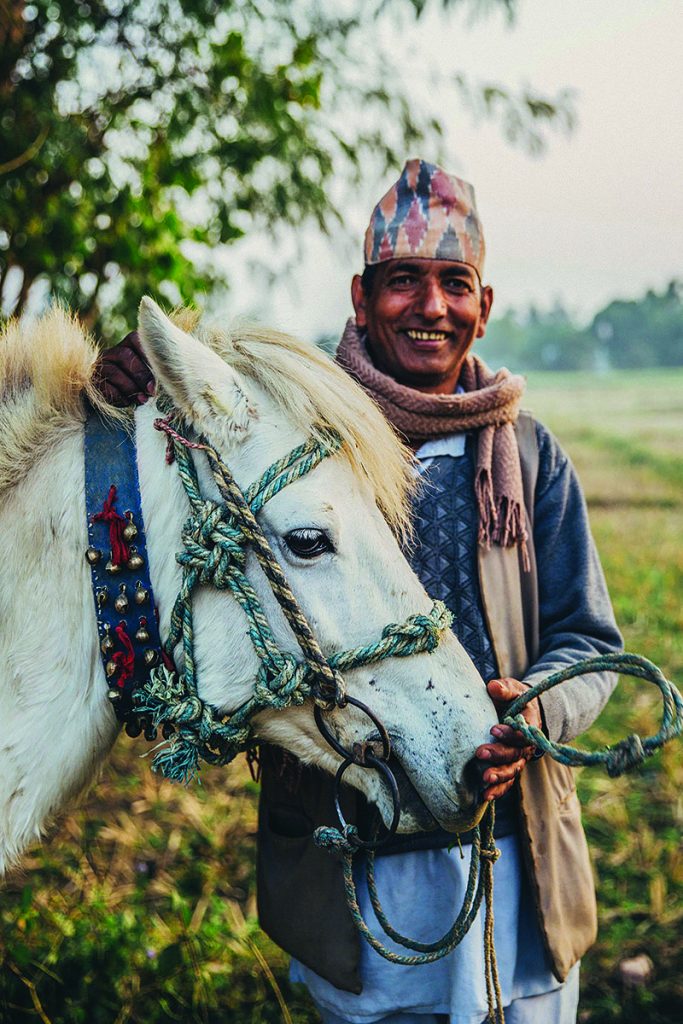
A family in Kenya keeps a small male donkey. He hauls water, food, and supplies and helps them till the soil. Without him, the family will be severely challenged, and they don’t have the money to purchase another equine.
They wake one morning to find their donkey gone—likely stolen to be slaughtered for his hide, which will be traded on the black market in Asia. The family is devastated beyond words.
These and hundreds of thousands of similar stories are a way of life in Africa, Asia, Latin America, and the Middle East. While working equines in the U.S., Canada, and Western Europe are more of a novelty than the norm today, there are still many areas of the world in which humans rely heavily on their four-legged helpers to earn a subsistence living.

An estimated 100 million working horses, donkeys, and mules around the world support approximately 600 million people. These animals toil under the harshest conditions in some of the poorest countries on the planet. The international equine charity, Brooke, and its affiliate organizations including Brooke USA, have been helping these hard-working animals—and the humans that depend on them—for over 80 years.
The Origin of Brooke and Welfare for Working Horses
Brooke, which is based in Great Britain, is now the leading global welfare organization for working horses. It was established due to the efforts of the charity’s namesake, Dorothy Brooke.
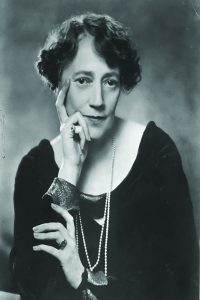
In 1930, her husband, British Army Major General Geoffrey Brooke, was sent for duty in Egypt. She accompanied him, and they arrived in Cairo to find hundreds of ex-military horses from the British, Australian and American Armies had been left behind after World War I. These working horses had been sold to locals and were enduring incredibly difficult working conditions, with most being of advanced age, emaciated and infirm.
Brooke set out to buy back these working horses so that they could be either rehabilitated or humanely euthanized, depending on the individual horse’s best interest. In 1931, she raised the equivalent of 20,000 British pounds in today’s money (about $28,000 USD) through public fundraising spurred by writing a letter to the editor of The Morning Post in London (now The Daily Telegraph). By 1934, she had purchased the freedom of 5,000 ex-war horses.
Realizing that there were still thousands of other working horses, donkeys, and mules in Egypt, that same year she established Old War Horse Memorial Hospital in Cairo (later called the Brooke Hospital for Animals), with the promise of free veterinary care. Brooke also worked to establish shade shelters and watering stations for Cairo’s working animals, and by 1938, the hospital also had a motorized equine ambulance.
Over the next 80-plus years, Brooke expanded their mission to many other countries and opened more hospitals and shelters, although they do not set up traditional clinics now. Today they continue to provide training and support to animal owners and equine industry service providers.
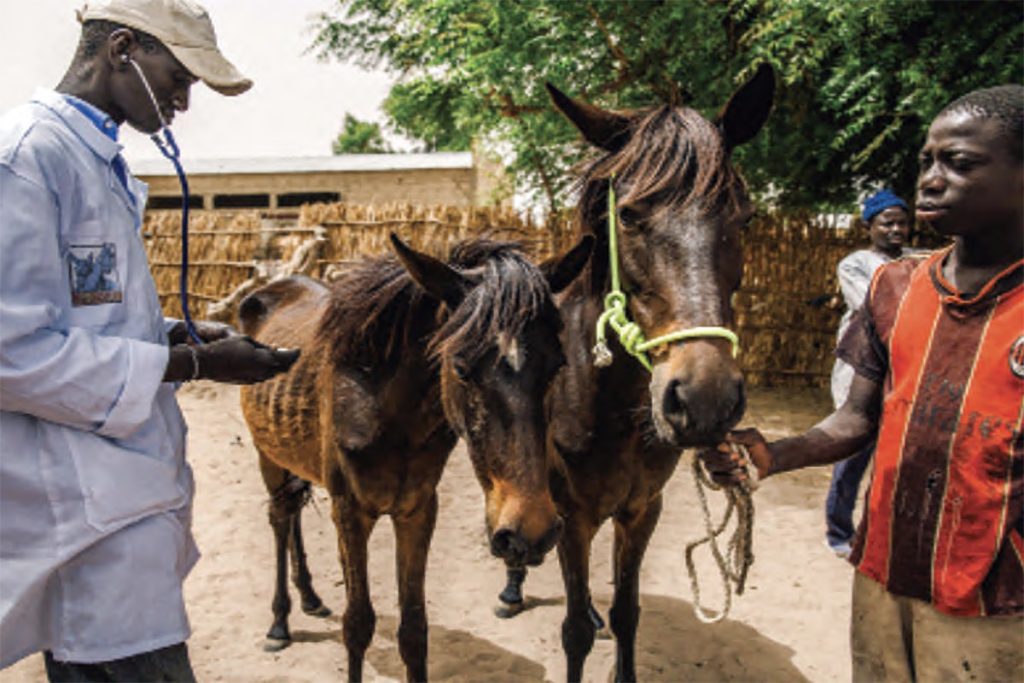
Additionally, Brooke and Brooke USA assist during national disasters such as floods, droughts, earthquakes, and wildfires. In 2016, Brooke passed the milestone of reaching two million working equines thus far.
They have also expanded into university research and community projects, as well as working to influence governmental policy. In the summer of 2019, Brooke was officially recognized by the United Nations as an accredited UN Environment Program.
Helping Working Horses and Their People
The overriding principle that guides Brooke and Brooke USA charitable work is to teach the people in a particular country the value of keeping horses healthy, and to help those human caretakers understand that healthy horses work better, live longer, and thus can support their humans in a more sustainable way.
This often requires doing away with traditional practices, which are ineffective and occasionally cruel, and unlocking the underlying human compassion for horses that can be lost in the difficulty of subsistence living and geopolitical struggles.
Rather than just handing out money and leaving an area, Brooke provides education, supplies, and assistance not only to working horse owners, but also to locally based veterinarians, paraveterinary workers (veterinary technicians), farriers, feed suppliers, and those who make and repair tack and horse-drawn vehicles.

The Launch of Brooke USA
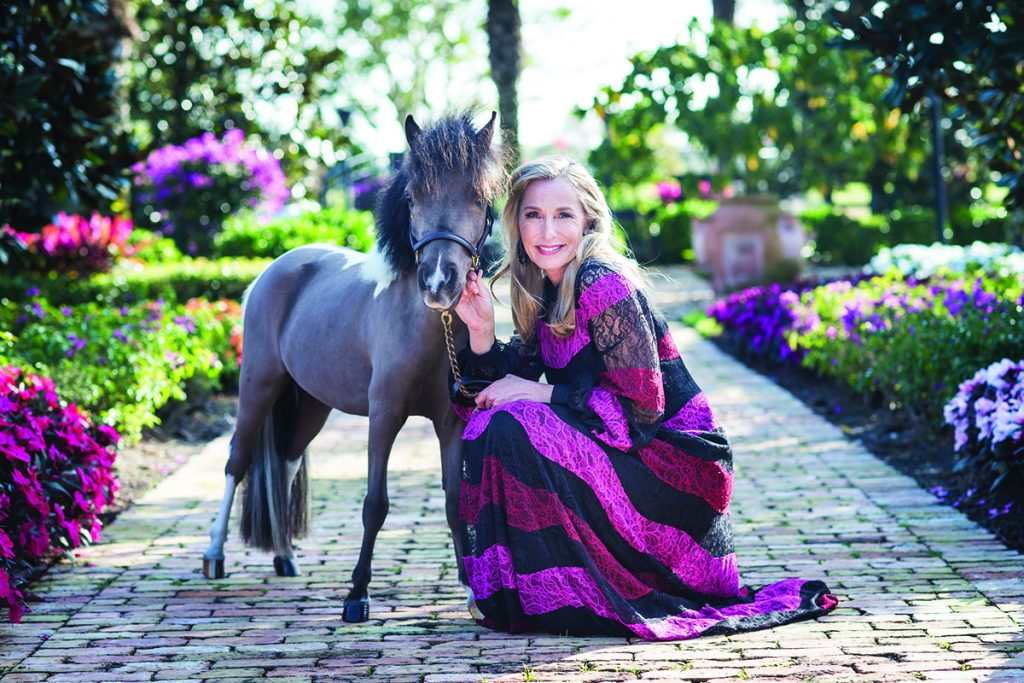
Katherine Kaneb, current Brooke USA Board of Directors Chair, feels it is their responsibility to make sure funds received from donors are put to good use, and explains they are careful in the selection of programs to fund.
“We know that healthy, cared-for equines lead to a better life for humans,” says Kaneb. “In addition to our ability to initiate and fund our own programming and advocacy efforts within the Americas, our business model focuses on granting funds to nonprofit organizations that are already making a difference so we can magnify their impact, or supporting nonprofits that present us unique, well thought-out programs that creatively reach underserved communities.”
One current project is fundraising to purchase small plots of land in Nicaragua that will serve as training units for forage production and storage. In addition to work in other countries, Brooke USA has recently worked in the U.S. on COVID-19 relief funding and helped with natural disasters in Texas and on the West Coast.
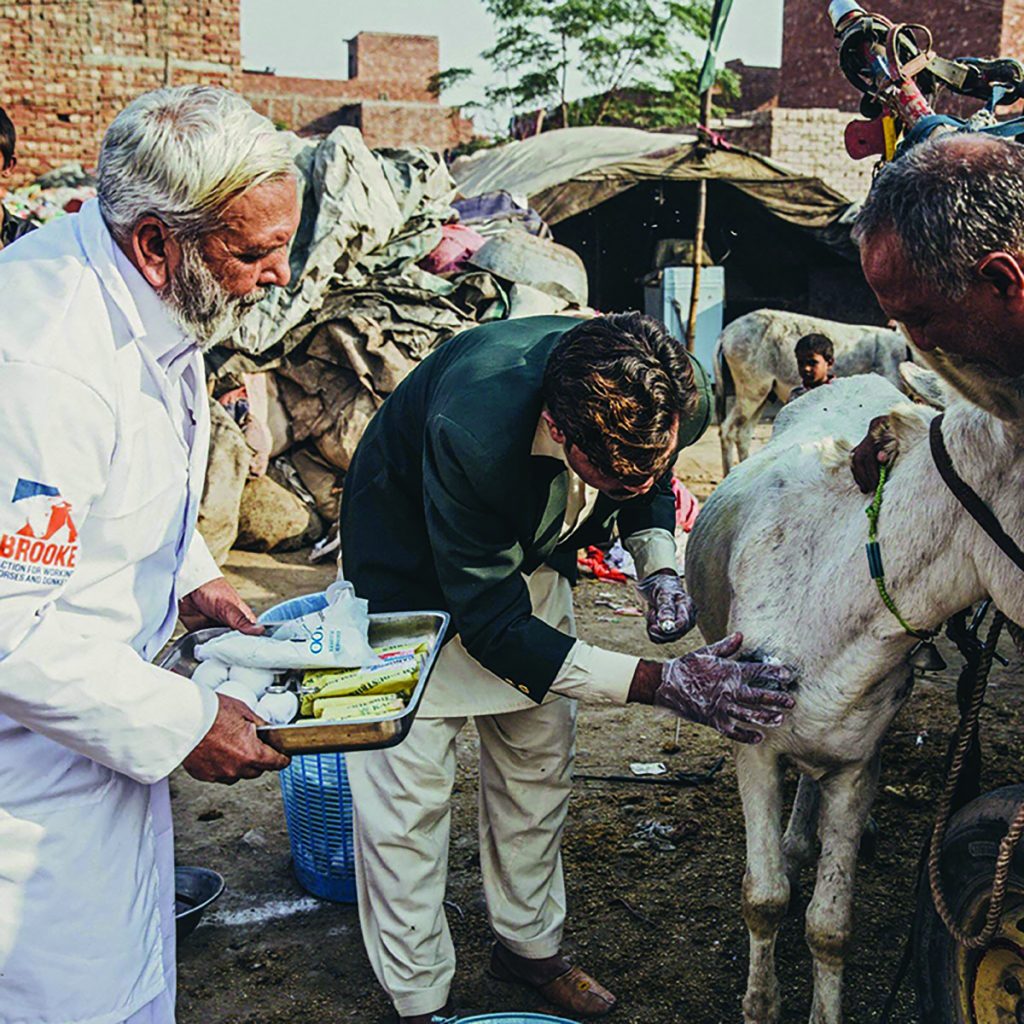
How to Help Provide Welfare for Working Horses
If your interest is piqued and you’d like to find ways to further Brooke USA’s mission, here are some ways you can help:
◆ Donate to the cause. Donations to recognize a loved one, favorite equine, or business are a fulfilling way to gift and give back at the same time.
◆ Host a fundraiser. Brooke USA will provide brochures, donation boxes and ideas for hosting an event.
◆ Spread the word in the equestrian community and beyond.
◆ Be an advocate for Brooke USA’s mission to legislators.
◆ Teach humane treatment and welfare for all living creatures to the next generation.
Notable Ambassadors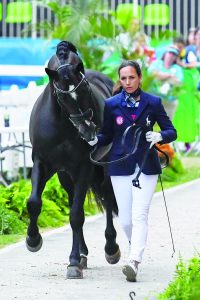 A number of top equestrians from many disciplines work as Brooke USA ambassadors, advocating welfare for working horses. Three shared why they decided to join: Olympic dressage rider Allison Brock, champion show jumper Hannah Selleck, and five-star eventer Allison Springer. Brock rode the stallion Rosevelt on the bronze medal-winning U.S. Olympic Team in 2016. “I became involved with Brooke USA through my employers, who are huge contributors and advocates of Brooke USA. It’s a charity that any equestrian can get behind wholeheartedly, because when you take care of donkeys, you take care of people.” 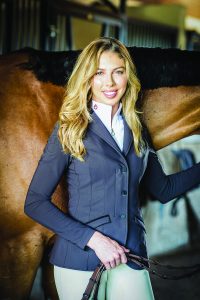 Selleck, who competes in top-level jumping and breeds sport horses, shares her story. “I was introduced to Brooke USA by a friend, and I immediately fell in love with the mission of helping working equines in the developing world and the people who depend on them. More importantly, I thought I could help by bringing awareness to their projects.” 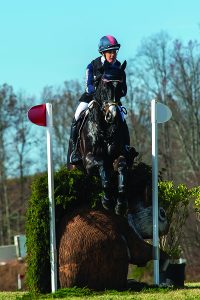 Springer, who with long-time partner Arthur served as an alternate for the U.S. Eventing Team for the 2012 London Olympic Games, also believes deeply in Brooke USA’s mission. “I joined forces with Brooke USA as a celebrity bartender for an event at the Tryon International Equestrian Center in 2017. This gave me an opportunity to learn more about the mission. Many of my friends are deeply involved too. I was very honored when asked to become a Brooke USA ambassador. |
This article about welfare for working horses appeared in the July 2021 issue of Horse Illustrated magazine. Click here to subscribe!

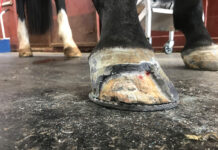


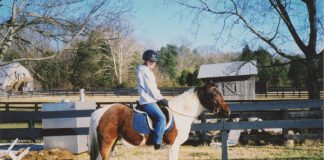

“The horse(and other equines) is THE most abused animal, bar none. If this article doesn’t prove that to you, then nothing ever will.